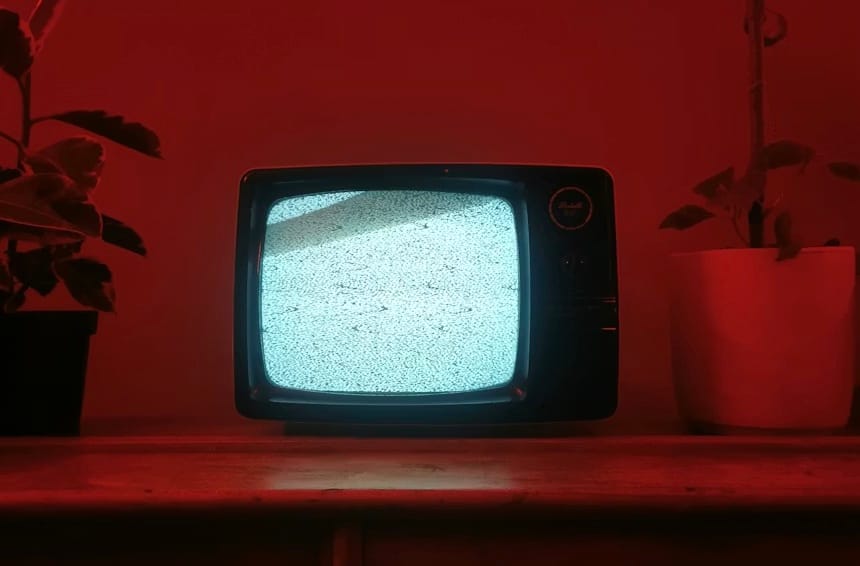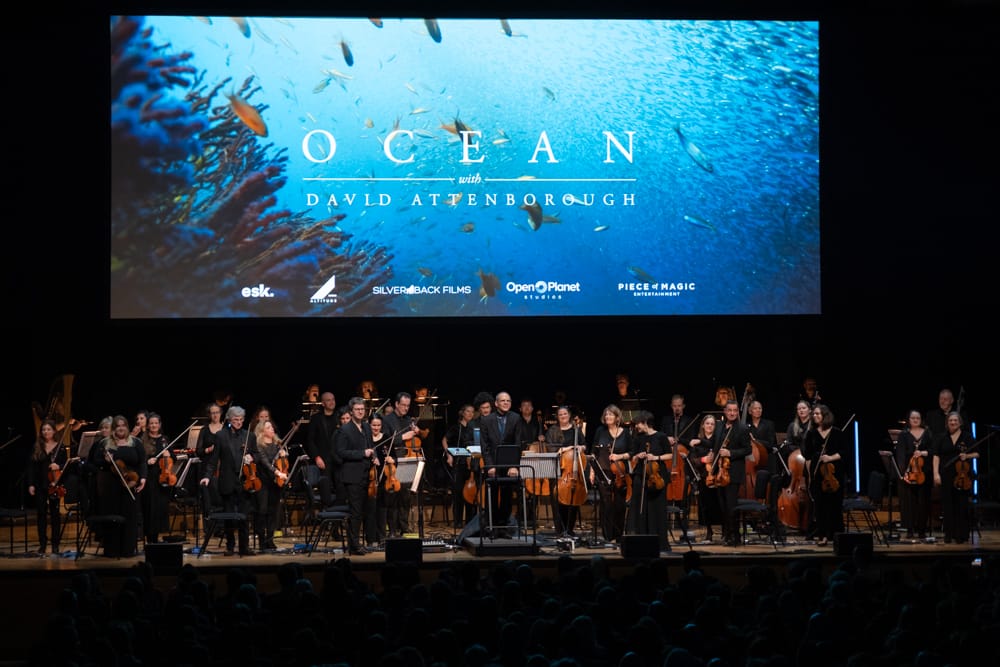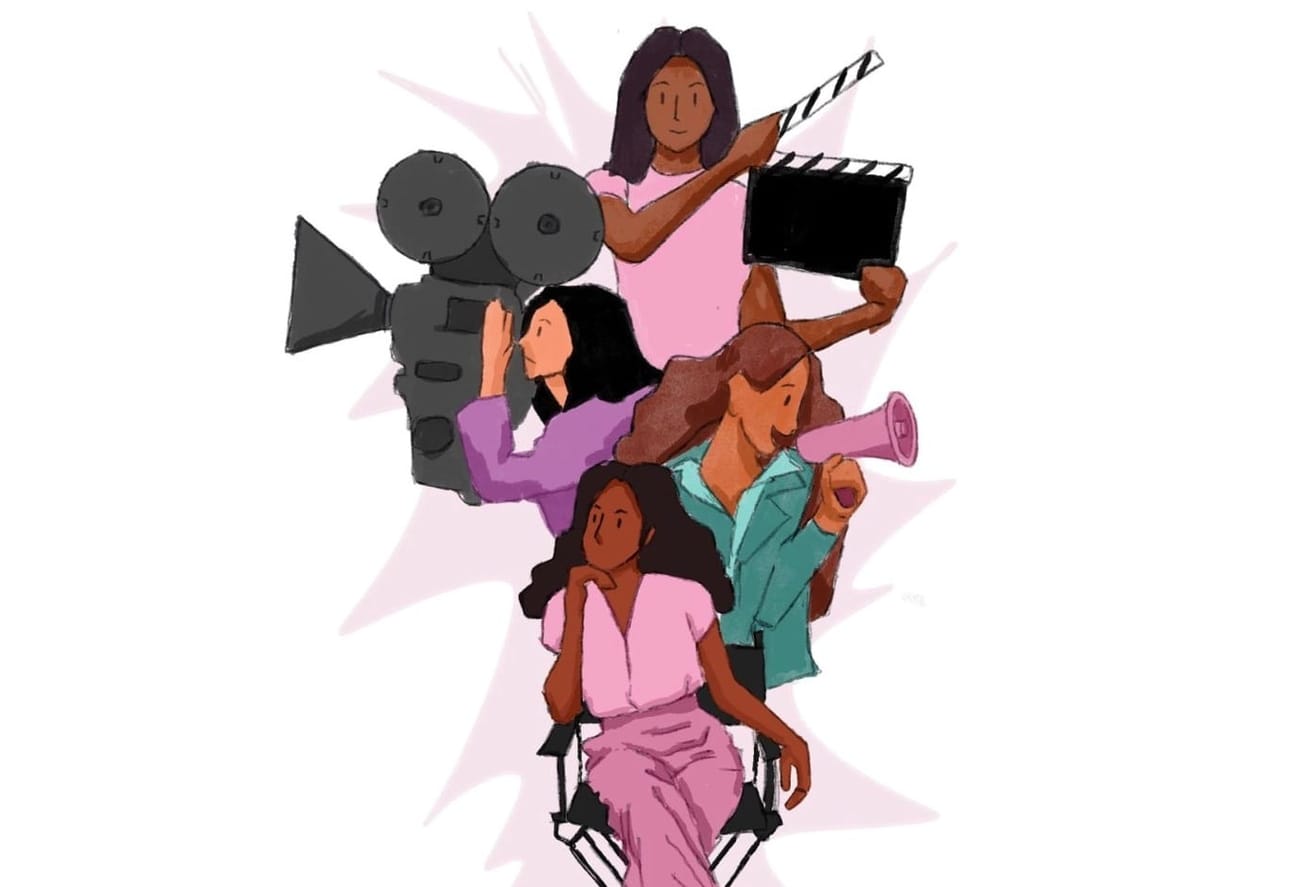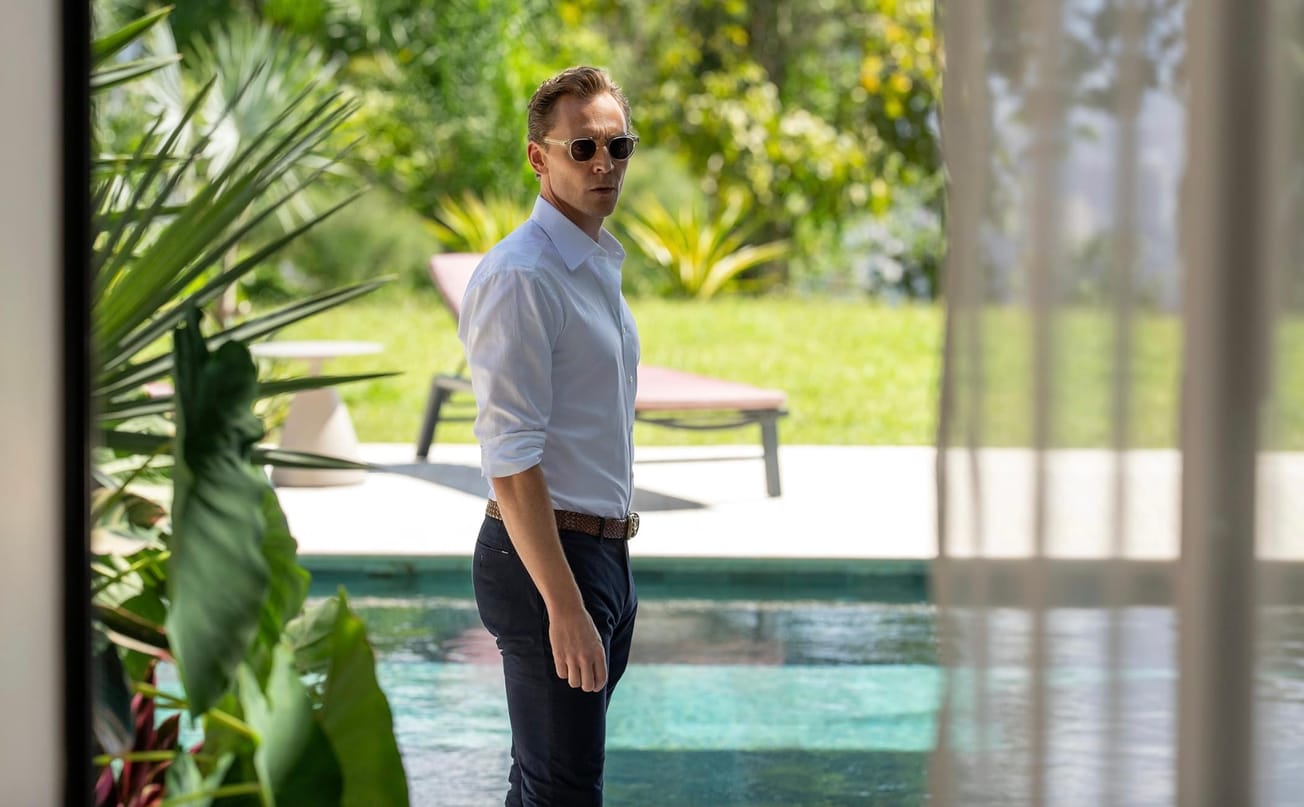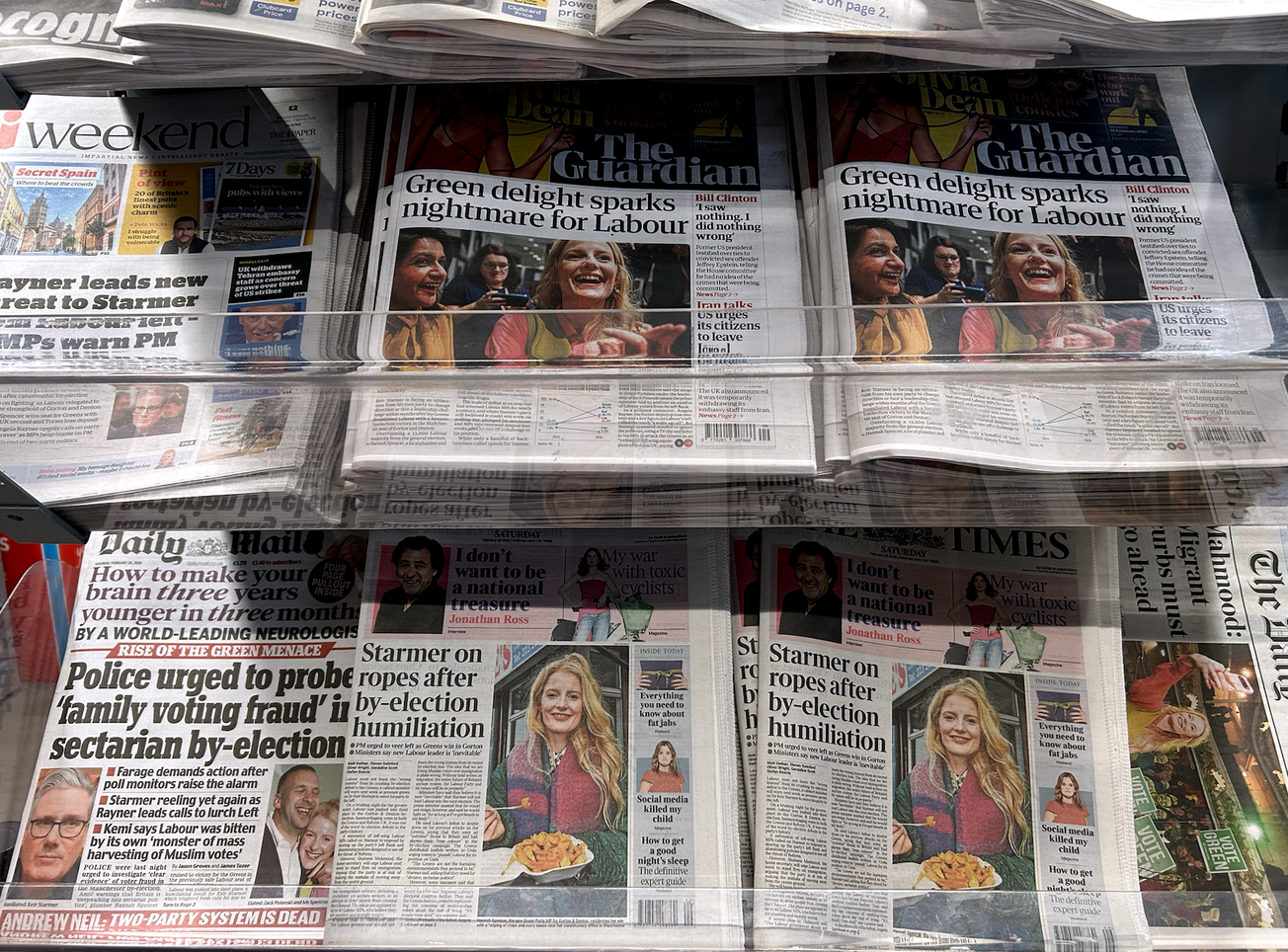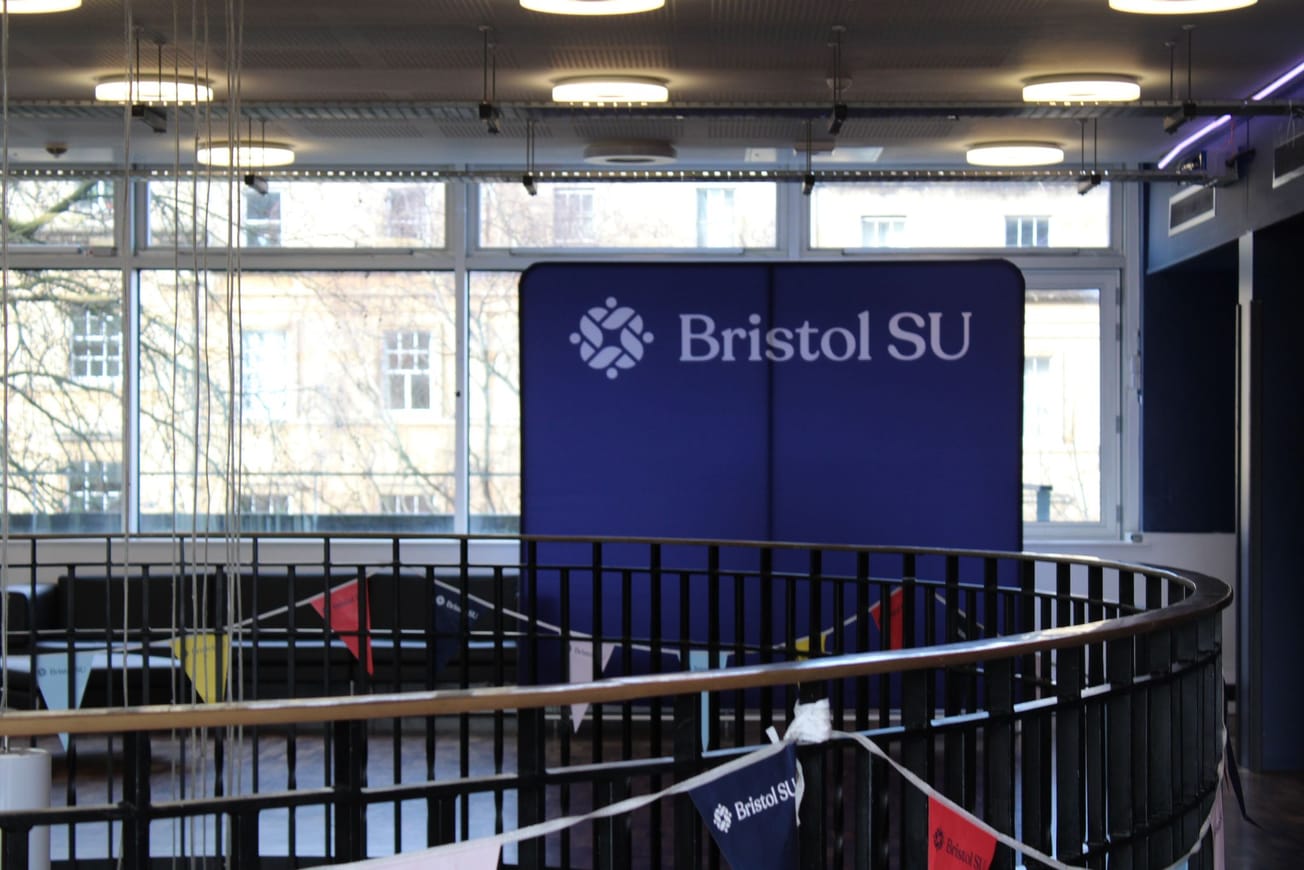By Maisie MacDonald, Third Year, Geography
An experience of work fit for the modern day.
In camera follows jaded actor Aden (Nabhaan Rizwan) as he tries taking a different approach to life after a slew of rejections and experiences of tokenisations. The industry is seemingly able to only want him for his non-whiteness and unable to think beyond boxes and stereotypes. We see Aden competing with tens of other British Asian men for one role and in another told to do an accent whilst going for the part of a Middle Eastern terrorist.
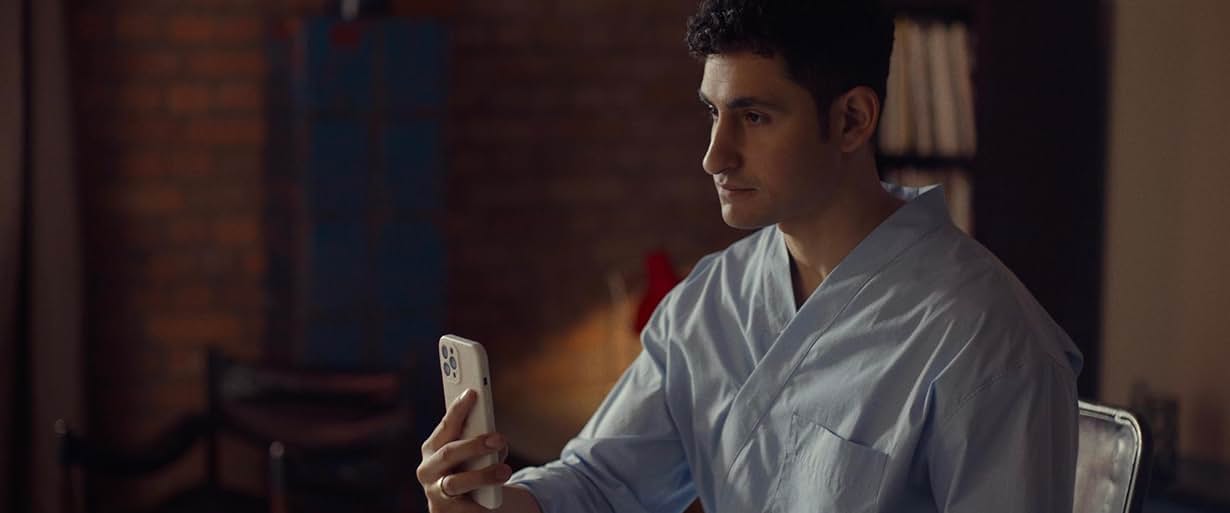
Whatever passion Aden had for acting is long gone, any amount of creativity and autonomy is denied when auditioning for roles, for example asking for more background about the character is met with it's not that hard. He is to do as he is told. This treatment as a number and worker rather than as a human and artist highlights the disillusionment from one's work one experiences. As he struggles with rent Aden is forced to take on less ethical jobs, including to be a couple's late son which ends up with them dramatically forcing him out. This desperation for money reflects the precarity and ruthlessness of the modern job market, a feeling I'm sure many can relate to.
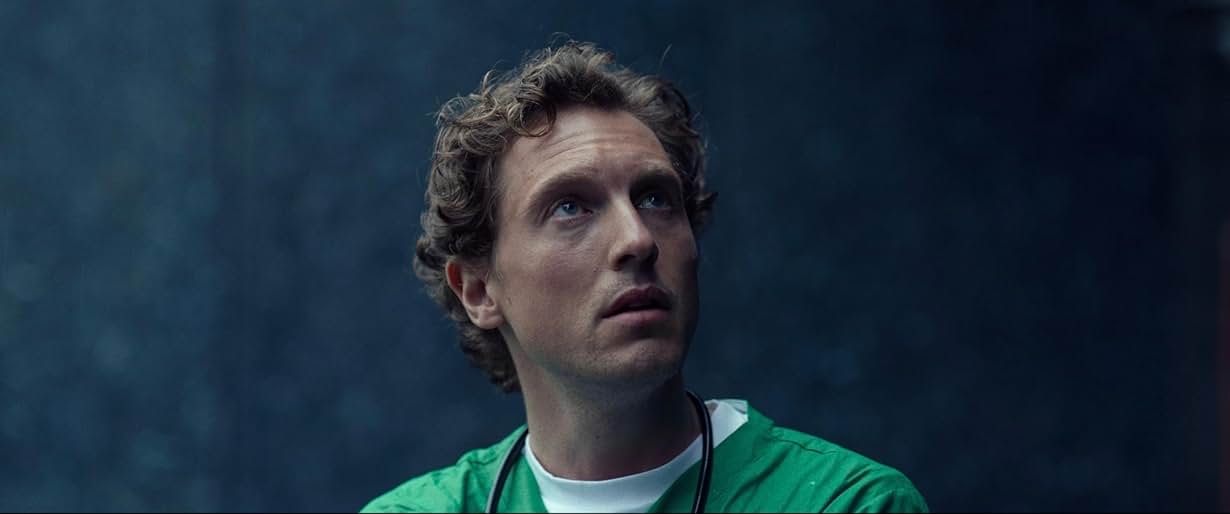
Then Conrad (Amir El-Masry) the new flatmate arrives, a charasmatic entrepreneurial man of colour who assures Aden that now is there time as they are "the new currency". Perhaps drawn by his successfulness after being told his job isn't that hard one too many times Aden decides to take on a new role, that of Conrad. Think adopting his mannerisms and raiding his designer wardrobe. This exercise is clearly a break from Aden's usual mundane life as he wonders if it will bring him success in his career whilst providing him with a part to play. And things do start to change in his life.
Bo (Rory Fleck Byrne), Aden and Conrad's other flatmate, is a junior doctor pushed to the brink by stress. Living a life filled with hallucinations leading to scenes where I at least thought he was moments from death. His storyline leaves you wanting more and in parts feels underdeveloped due to his lack of screentime. But this again shows how work in the modern age pushes you to extract everything it can to the point of mental harm.
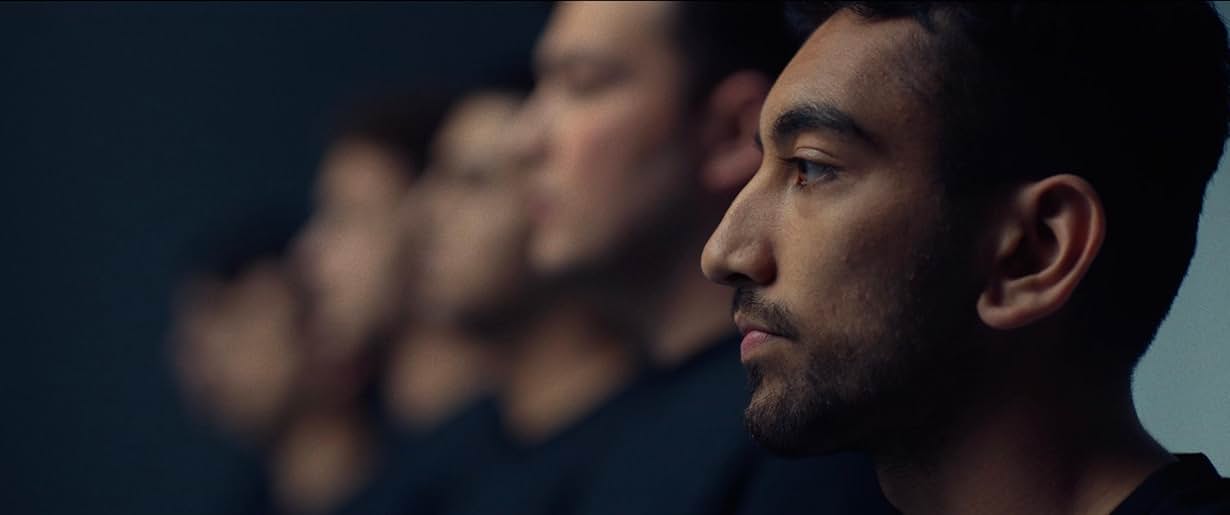
The soundtrack is made up of sweeping electronic and sometimes haunting pieces which perfectly complement the rest of the film. The use of space in the cinematography aligns with the soundtrack and hints at the isolation Aden feels in the world. He feels unaccomplished and as far as the viewer can see is alone, constantly attempting to push away even his flatmates.
I saw In Camera exactly when I needed to; I had just got rejected from a job I thought I was a shoe in for so I did what any sane person would and headed to the cinema. This visceral film certainly touched me and made me feel seen.
What films have made you feel seen?


